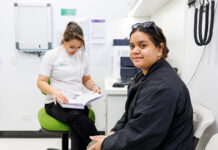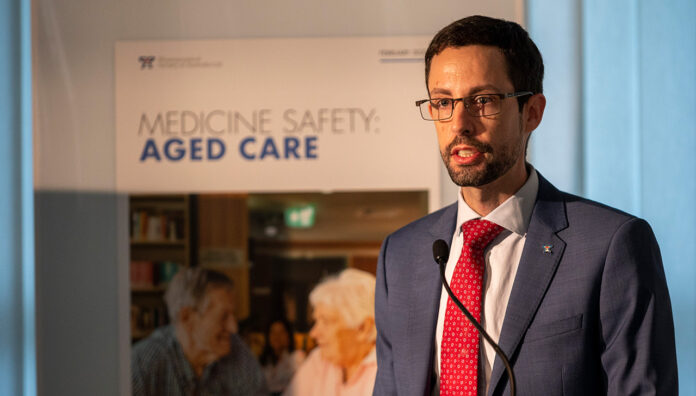A proposal to support residential aged care facilities to directly engage more than 900 pharmacists is among the strategic measures put forward by PSA in its 2021–22 Federal Budget submission.
PSA National President Associate Professor Chris Freeman said the recent aged care royal commission’s interim report highlighted the issues with medicine management in Australia’s aged care sector.
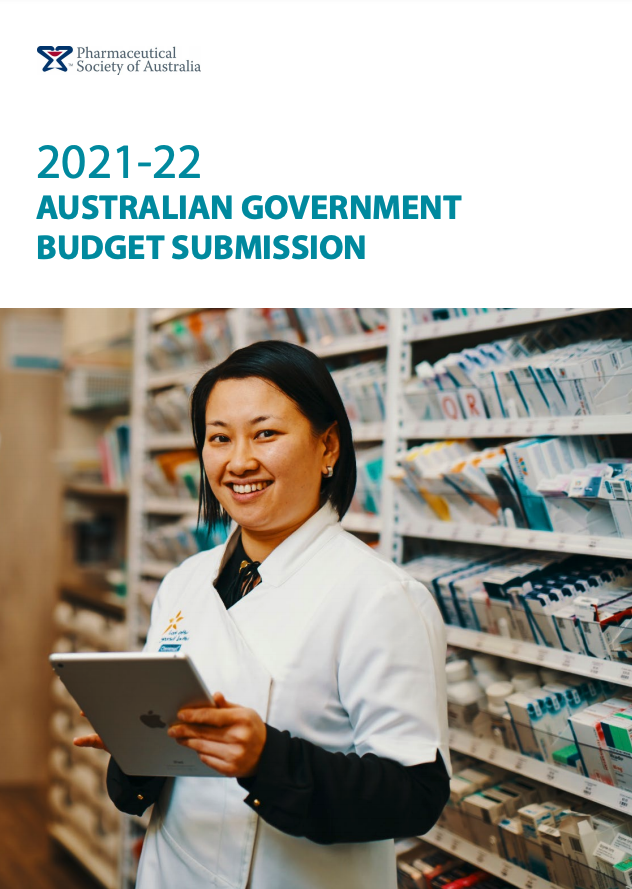 This includes the sector’s ‘surprisingly neglectful approach to the use and prolonged use of chemical restraint’ and ‘widespread overprescribing, often without clear consent, of drugs which sedate residents, rendering them drowsy and unresponsive to visiting family and removing their ability to interact with people’.
This includes the sector’s ‘surprisingly neglectful approach to the use and prolonged use of chemical restraint’ and ‘widespread overprescribing, often without clear consent, of drugs which sedate residents, rendering them drowsy and unresponsive to visiting family and removing their ability to interact with people’.
These findings are consistent with PSA’s Medicine safety: take care and Medicine safety: aged care reports, which found 98% of residents in aged care facilities have at least one medicine related problem, and 80% are prescribed potentially inappropriate medicines.
‘The [royal commission’s interim] report demonstrates widespread overprescribing, often without clear consent, of medicines which sedate residents – rendering them drowsy and unresponsive to visiting family and removing their ability to interact with people,’ A/Prof Freeman said.
‘Inappropriately sedating residents of aged care facilities is not care, it’s an abrogation of responsibility that must be addressed.’
The PSA recommends the federal government revise aged care funding instruments and commit $197.8 million over 4 years to support residential aged care facilities to directly engage pharmacists to reduce preventable harm caused by medicines – including safely reducing use of clinical restraint.
‘We have seen the role of pharmacists embedded within aged care facilities well received by patients, family members and healthcare professionals, and we call on the government to dedicate 0.5 full-time equivalent pharmacists per 100 aged care residents,’ A/Prof Freeman said.
Based on current estimates, this would equate to 910 full-time pharmacists to support the 181,200 Australians living in residential aged care by identifying, preventing and managing medicine-related problems; reducing polypharmacy and improving therapeutic outcomes by working with residents, their family and prescribers.
Other recommendations
The PSA has also called on the government to adopt the Medicare Benefits Schedule Taskforce’s recommendation to rebate non-medical health professional participation at case conferences.
This means pharmacists, would, for the first time, be one of the groups eligible to be remunerated for participation in interdisciplinary case conferences
‘This will lead to greater participation [and] identification of many medicine safety issues and resolution before they become a problem,’ according to PSA’s submission.
It is also important to establish a digital, nationally coordinated pharmacovigilance system for primary care, to provide central feedback on the safe and effective use of medicines.
This would allow patients and primary care providers, including GPs, community pharmacies and aged care facilities to electronically record medicine safety incidents.
The PSA’s final recommendation is to fund a program to enable Aboriginal Community Controlled Health Organisations (ACCHOs) to employ pharmacists within their primary healthcare teams.
This would empower patients to better understand their condition and medicines, and be more adherent with their medicine regime, and reduce avoidable emergency presentations and hospital admissions.
A/Prof Freeman said PSA’s four recommendations provide an opportunity for the government to take action against medicine-related harm by using the skills of pharmacists.
‘Pharmacists are approachable, knowledgeable and highly trusted within the community and the Australian public want to see the skills of pharmacists put to full use,’ he said.
‘During the bushfire crisis and COVID-19 pandemic, pharmacists continued to provide essential services to patients, and the government needs to work with pharmacists to implement these recommendations to achieve positive health outcomes.
‘While Australia rightly continues to focus on and lead the world in our COVID-19 response, it is important that we do not ignore the other health challenges and priorities that Australians face.’
Read PSA’s full 2021–2022 Federal Budget submission.



 Professor Anthony Lawler, Australian Government Chief Medical Officer,
Professor Anthony Lawler, Australian Government Chief Medical Officer, 
 This CPD activity is supported by an unrestricted education grant by Reckitt.[/caption]
This CPD activity is supported by an unrestricted education grant by Reckitt.[/caption]
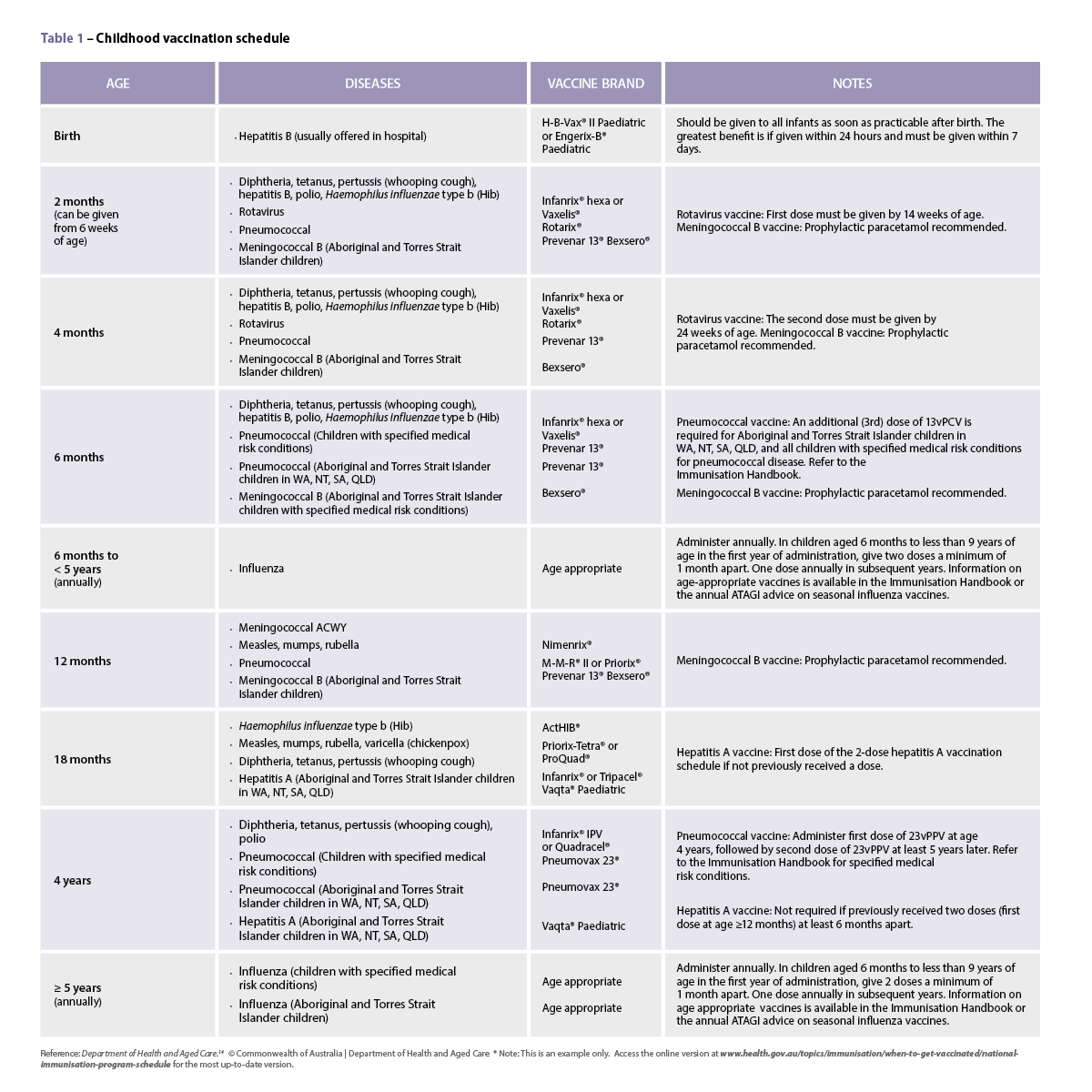 Case scenario
Case scenario
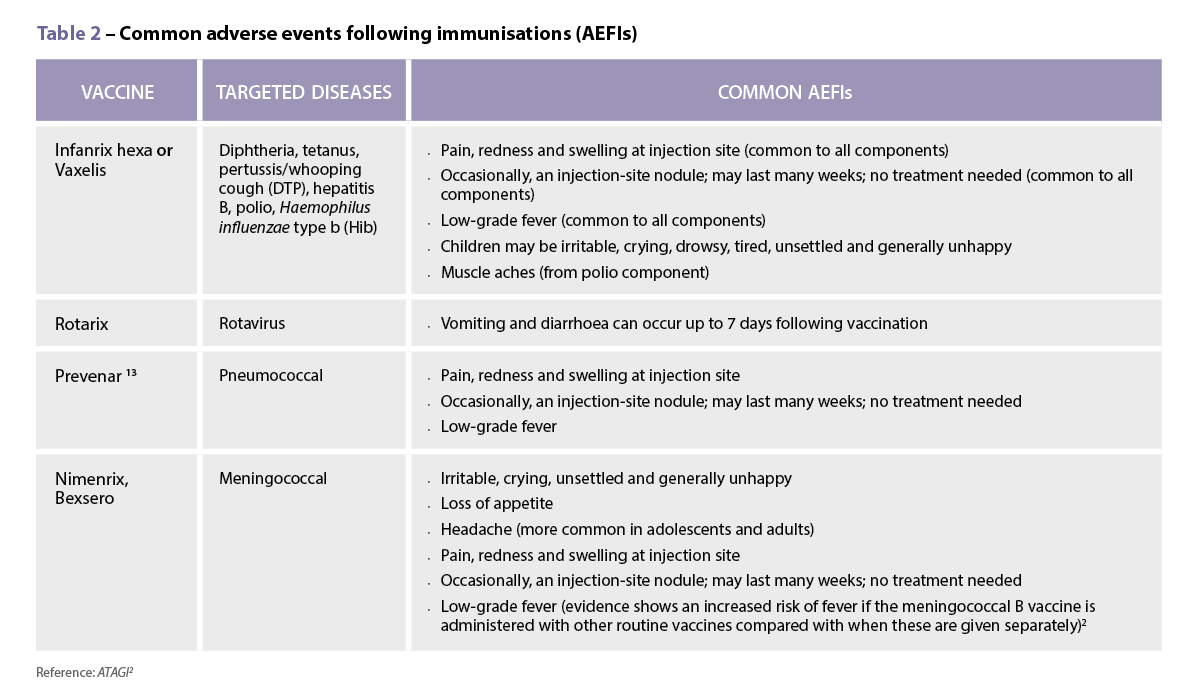




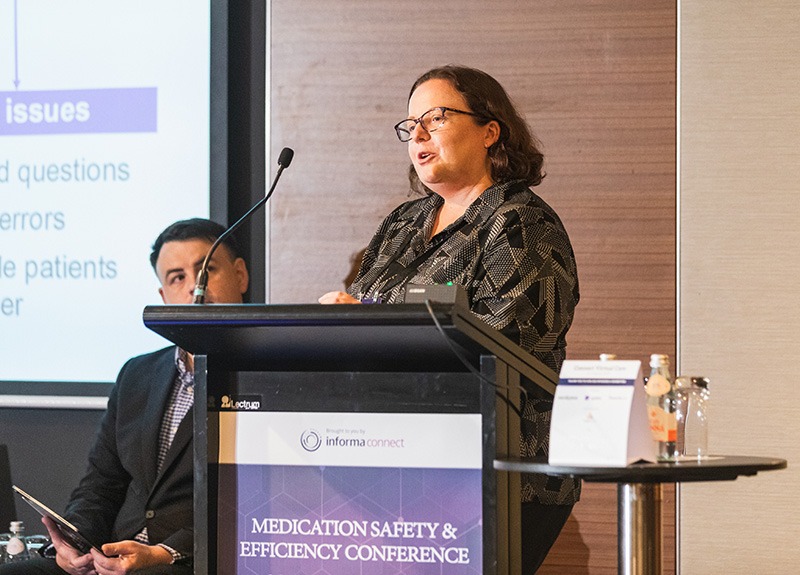 Jess Hadley, community pharmacist and Professional Officer at PDL[/caption]
Jess Hadley, community pharmacist and Professional Officer at PDL[/caption]
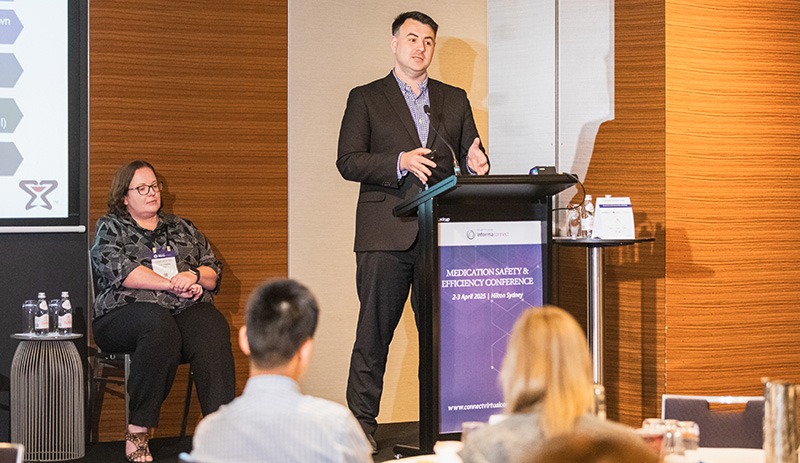 Peter Guthrey, Senior Pharmacist – Strategic Policy at PSA[/caption]
Peter Guthrey, Senior Pharmacist – Strategic Policy at PSA[/caption]
